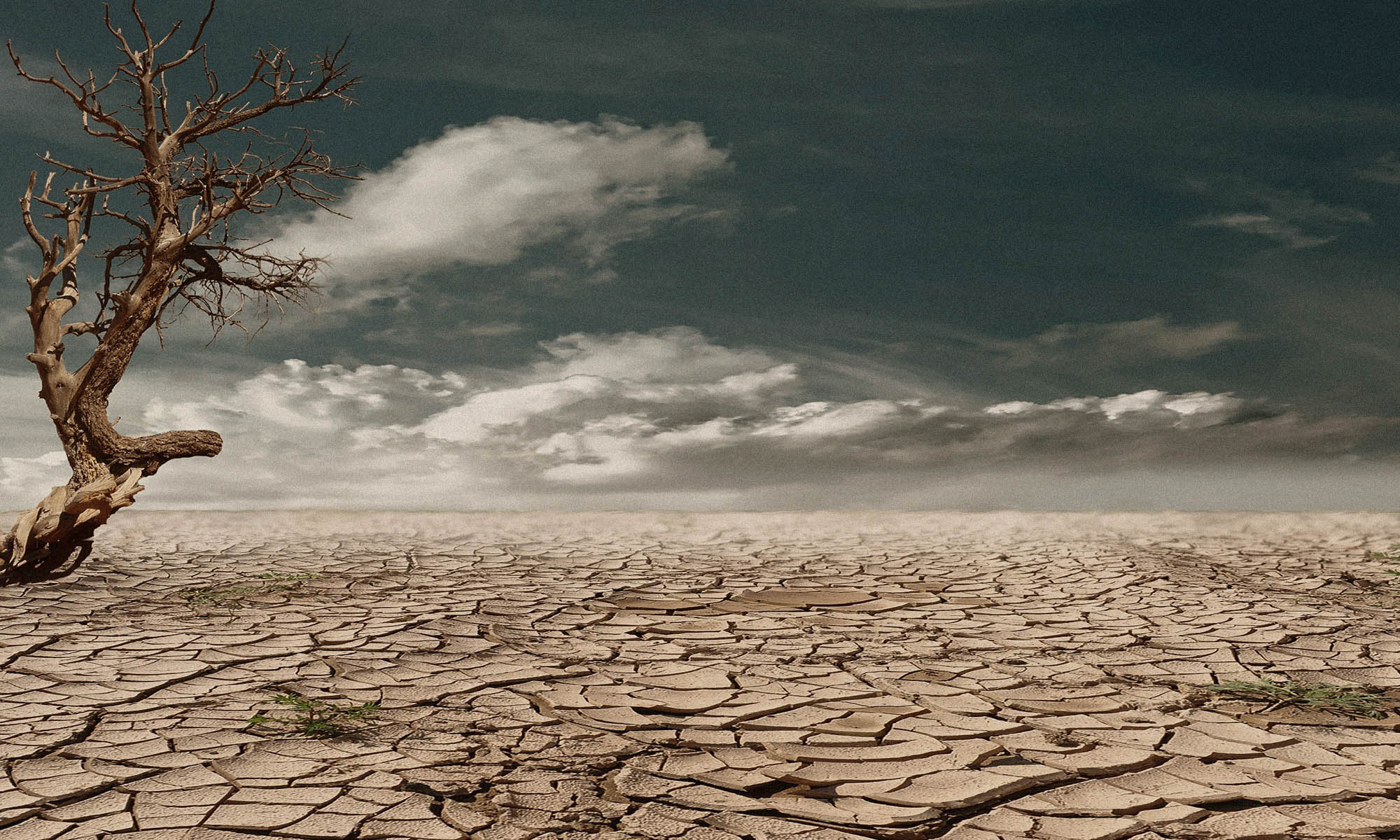
Through their unconscious actions, Women conserve the most important resources needed for sustainable development – forests, energy and water.
In my words, without putting natural resources in the picture, to conserve is to use frugally and cautiously. I’m saying today that women are much better at “using frugally and cautiously” natural capital, as compared to their male counterparts. In this case, conservation is the “wise use of natural resources.”
We use various natural resources on a daily basis, starting from food to the air we breathe. However, I will use the other resources that we put to use on daily basis at our homes, and have much more control over their use; water, electric energy and wood fuel. I’ll let you think about any other.
On average, men use more water that women in every activity that they undertake involving use of this resource. For drinking purposes, men are advised to drink three litres of water a day compared to women’s 2.2 litres. Even a pregnant woman is supposed to take just 2.4 litres a day, until they bare the child when they can increase intake to 3 litres (For your information, too much water is bad for your health). Now, whether we follow this advice or not, the fact is that generally men take more water than women.
Secondly, while a woman can comfortably use five litres of water to bathe, that is enough for a man’s head only. On average, men use more than ten litres of water when bathing, irrespective of their body sizes.
Think about this as well; given that a man is in the right mood to assist in the kitchen, especially with washing utensils, how much water would he use to wash five plates and five glasses plus a few forks? My answer is, whether under running tap or not, a man in the right mood of doing this chore would use much more water than a woman would.
It is the difference in these amounts that I call conserved water.
I do not want to go to figure facts about how much hydro-electric power we produce in our country, and how little this is to sustain all national requirements. What you need to know however, is that the current population size of people connected to electricity is a meager 20 percent – just about 7.5million of the 38million Kenyans- albeit insufficiently.
With all the rationing, you’d expect the figure to be somewhere at 70 percent! Now, women have proved to be better users of electricity.
It is the simple things that matter most; switching off lights in unoccupied rooms, switching off unused power sockets and unplugging unused gadgets. A man will leave his radio or television on while going to the market thinking that they won’t take long, but a woman will switch off everything. While cooking or ironing, a woman will most likely be more cautious not to leave the flat iron heating or food to burn on the cooker. You know this is waste of energy. And don’t tell me about society-roles-advantage here.
Over 90 percent of Kenyan households use wood fuel for various purposes. This is directly proportional to the extent of forest destruction in the country. Still, women have shown to be more conservative of the forests. I will not tell you that they use less firewood in cooking than men, not at all. I am thinking of a scenario where two people, a man and a woman have a task of going onto the forest to look for firewood.
Most likely, the man will carry an axe, but the woman will carry a machete/panga. It most likely is due to their physical abilities that when you watch these two people coming back home, one will be carrying/pulling almost a whole tree where as the other will be carrying smaller tree branches. The one who cut off small branches is the better conservationist.
I know what the man is thinking now; that women don’t do these things while thinking of conservation. I did not say they do. But through their unconscious actions, they conserve the most important resources needed for sustainable development – forests, energy and water.
The conserved forests aid in rain formation. Rain brings water and the conserved forests act as water catchment areas. They become the sources of the streams and rivers that supply us with water for our daily use. When the water reaches our homes, the women use it much more frugally, and enable other people to get their share as well.
It is the same waters from the forested catchment areas that are used to produce electricity, and women use this electricity better than men. Once again, it doesn’t matter whether they switch off all unused electric gadgets and sockets because they fear electricity-related accidents. The fact is that they end up conserving natural resources, and the challenge to men is whether they can do better.
Originally published at SmartBizAfrica


That is interesting in respect of gender differences in resource usage. Do you think the disproportionate usage can be explained just by the different average size of males and females? Or is it an attitude difference in conservation and resource utilisation?
J, thanks for that comment. I however think it is just by default that women use less hence conserve more. It is because of their smaller body sizes, their lesser energy, their less daring/risking nature and such. I guess their default roles in the society also has some influence.